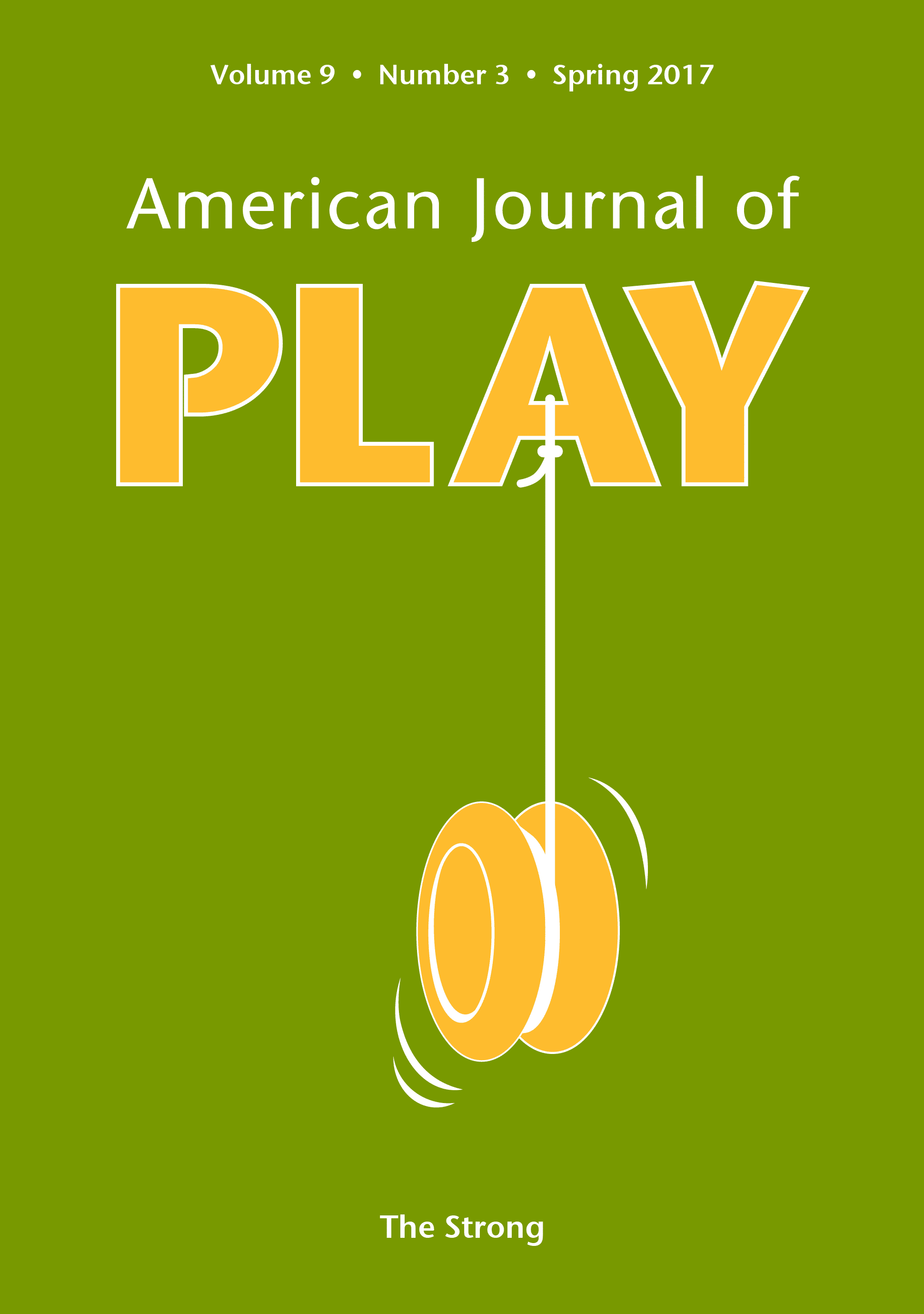Play in Ancient Greece: An Interview with Simon Goldhill
Simon Goldhill is Professor of Greek at the University of Cambridge where he is a fellow of King’s College; he is also the John Harvard Professor of the Humanities and Social Sciences at Cambridge. He is the director of the University of Cambridge’s Centre for Research in the Arts, Social Sciences, and Humanities (CRASSH) and a fellow of the British Academy and the American Academy of Arts and Sciences. Best known to the public as a champion of the classics through interviews and lectures and in frequent appearances on television and radio, among scholars he is celebrated for his work on Greek tragedy. His Jerusalem: City of Longing won the Independent Publishers gold medal in History for 2009; his Victorian Culture and Classical Antiquity: Art, Opera, Fiction, and the Proclamation of Modernity won the 2012 Robert Lowry Patten Award for the best book on Victorian literature; and his Sophocles and the Language of Tragedy won the Runciman Award in 2013 for the best book on a Greek topic, ancient or modern. His many other books include Foucault’s Virginity: Ancient Erotic Fiction and the History of Sexuality; and Love, Sex, and Tragedy: How the Ancient World Shapes Our Lives. In this interview, Goldhill talks about play in ancient Greece—its importance in Greek theater and literature, philosophy and social wit, games and sports, jokes and sex, and love and family life. He both reflects upon how Greek sensibilities still flow through our contemporary hearts and considers how play helps distinguish between modern and ancient people. Key words: ancient play versus modern play; play in ancient Greece; theater as play; symposium as play; games and sport in ancient Greece; humor in ancient Greece; play in Greek literature; eroticism as play; violence in play





